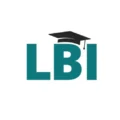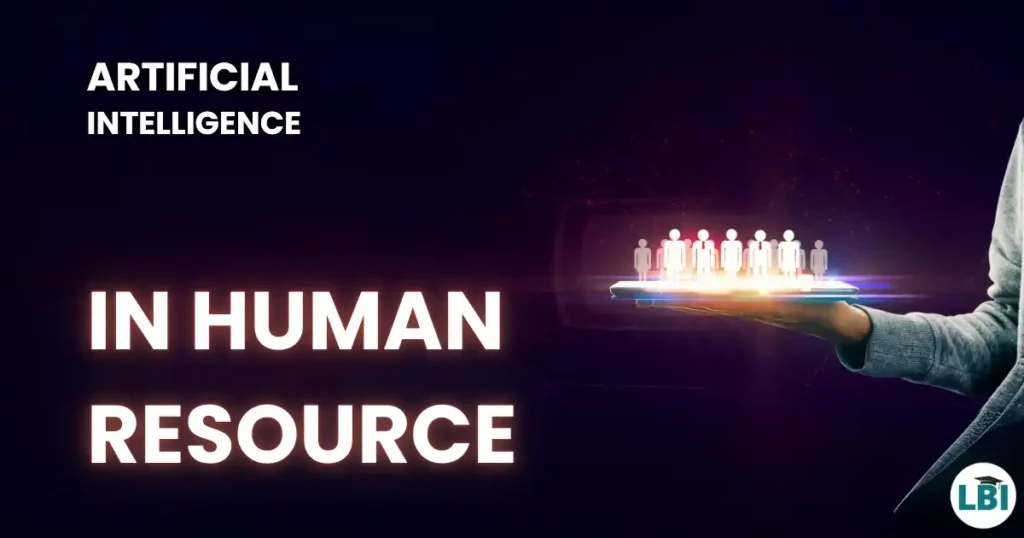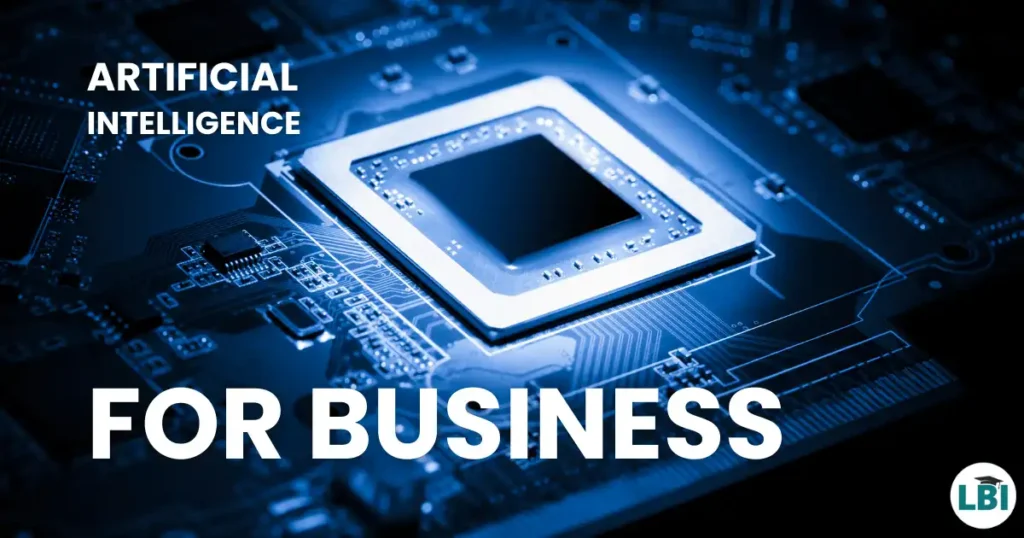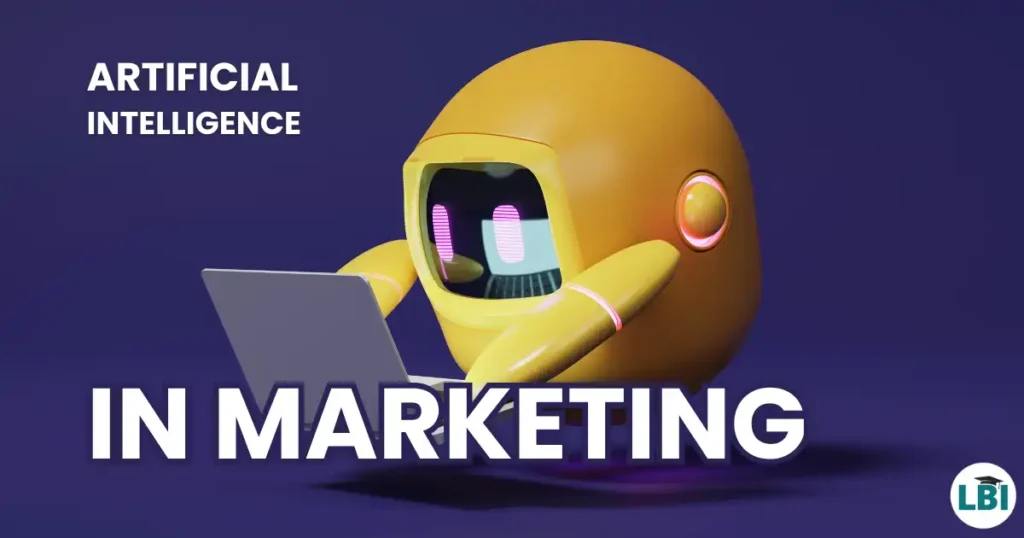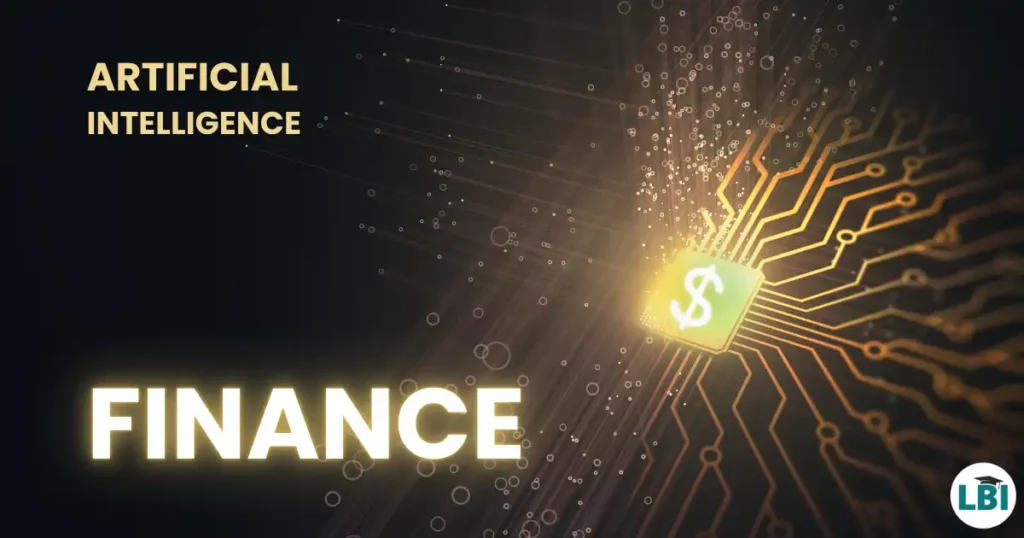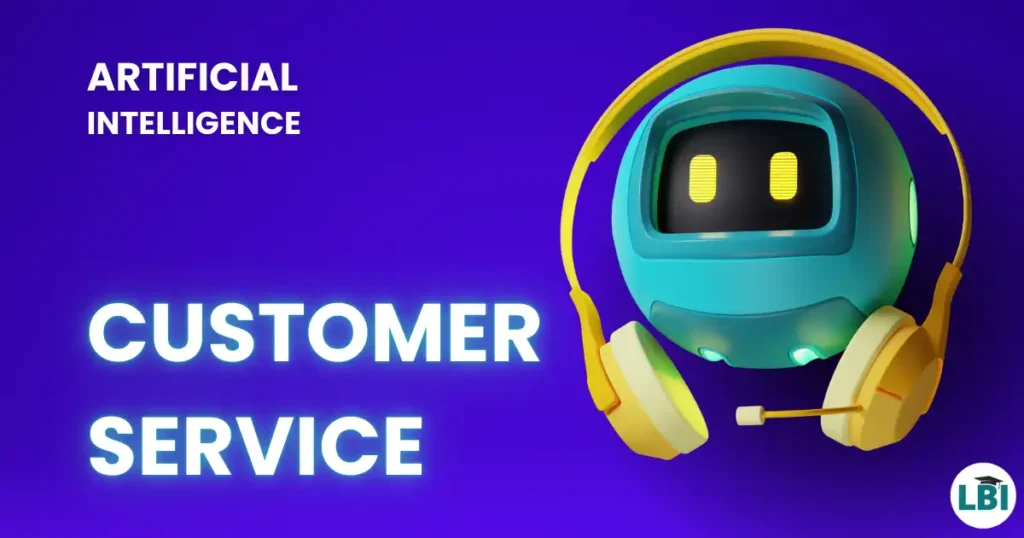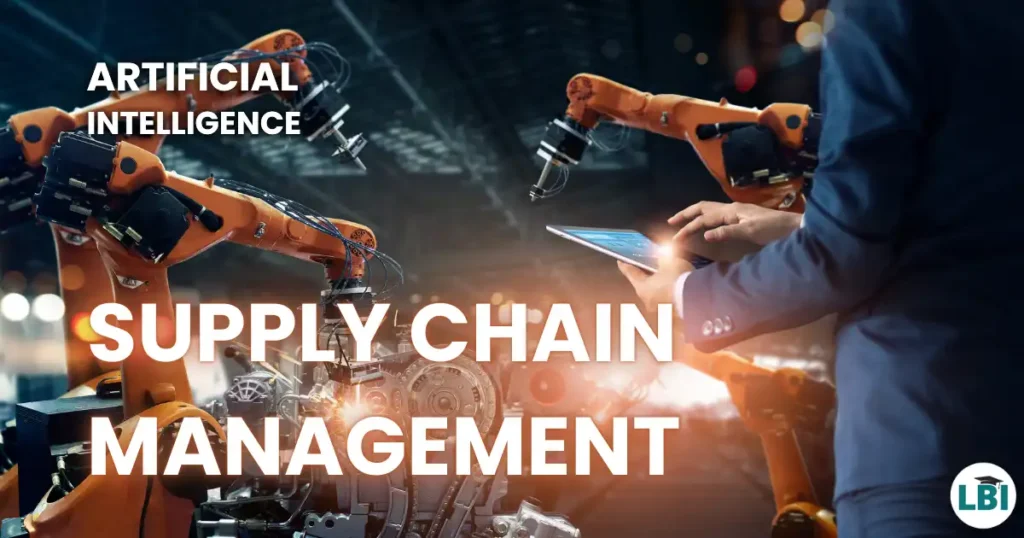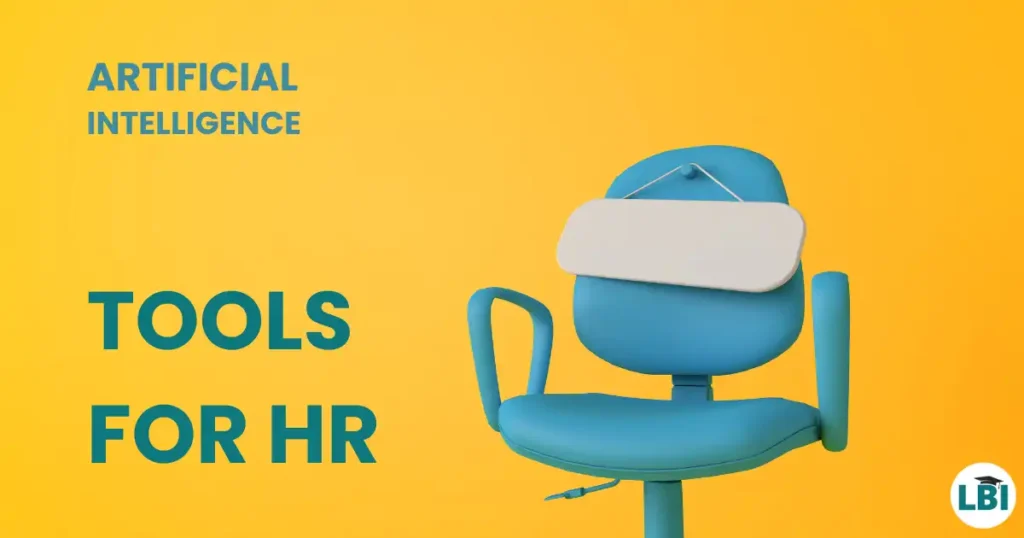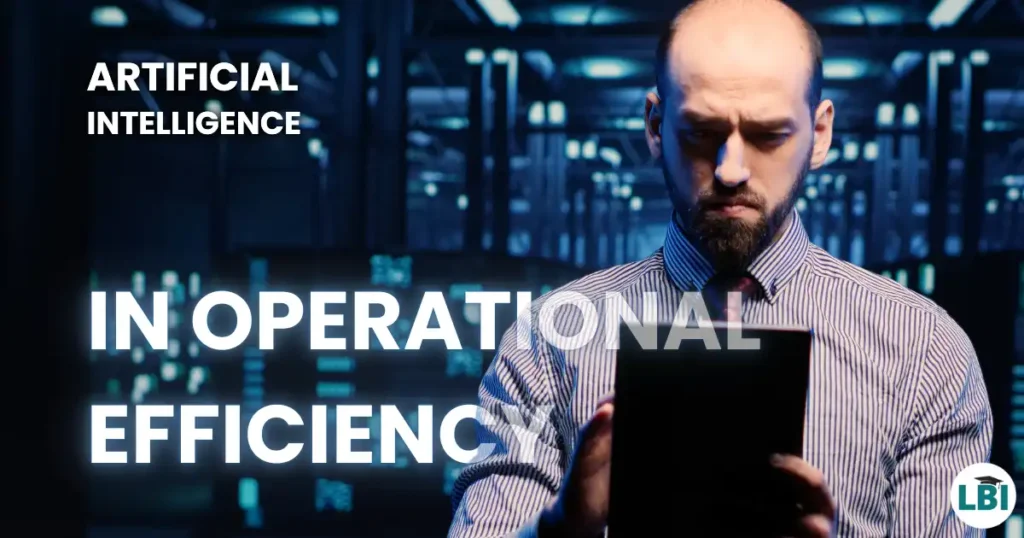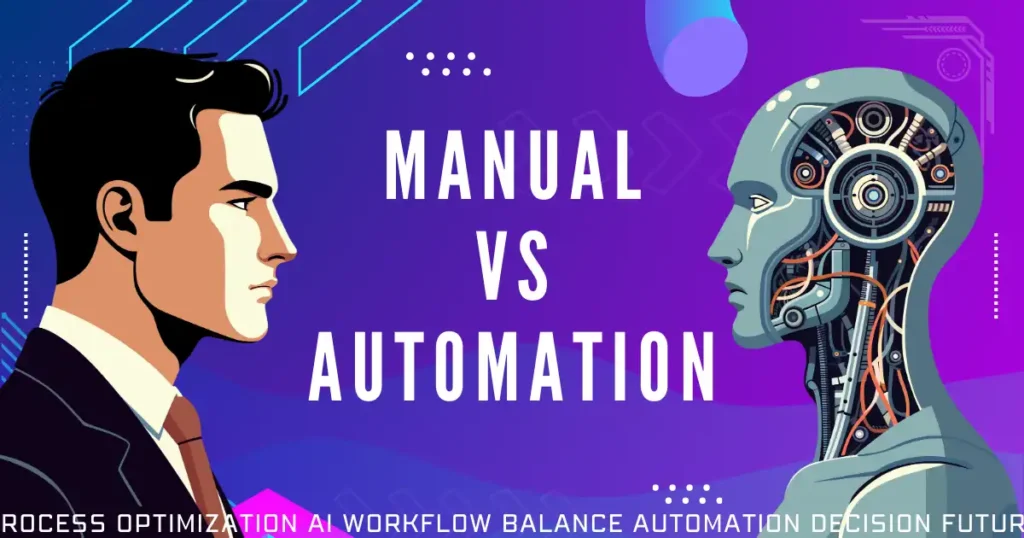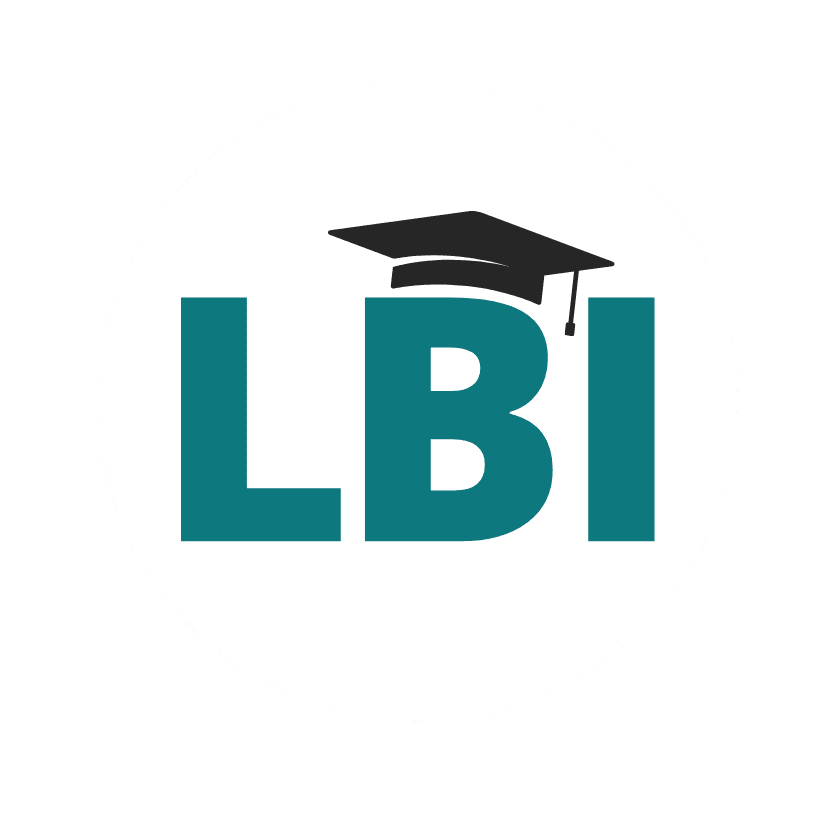Table of Contents
Artificial Intelligence (AI) is rapidly becoming a cornerstone of modern Human Resource (HR) management. The integration of AI into HR processes is not only streamlining operations but also reshaping the way organizations recruit, manage, and develop their workforce. As companies strive to stay competitive, understanding the impact and potential of AI in HR is crucial. In fact, 76% of HR leaders believe that failing to adopt AI within the next one to two years will put them at a disadvantage compared to competitors who embrace the technology. This article delves into the transformative power of AI in HR, its benefits, challenges, and the future landscape of AI-driven HR management.
How AI is Transforming HR Operations
Efficiency and Automation
AI is revolutionizing HR operations by automating repetitive administrative tasks, thus significantly enhancing efficiency. Tasks such as data entry, payroll processing, and scheduling, which traditionally required substantial human effort, can now be handled swiftly and accurately by AI-powered systems. According to McKinsey, 56% of companies are already using AI in at least one HR function, automating processes such as payroll and employee data management. This automation not only reduces the workload on HR professionals but also minimizes the risk of human error, ensuring more reliable and timely HR processes.
AI in Recruitment
AI is making substantial inroads into the recruitment sector by automating job postings and candidate sourcing. Advanced algorithms can analyze job descriptions and automatically post them on relevant platforms, saving considerable time. Additionally, AI-powered candidate sourcing tools can scan thousands of resumes and profiles to identify the best matches for a given position, streamlining the initial screening process. According to a LinkedIn study, AI has reduced the time-to-hire by 30-50%, significantly speeding up recruitment cycles.
One of the most significant advantages of AI in recruitment is its ability to reduce biases. Traditional recruitment processes can be influenced by unconscious biases, leading to unfair hiring decisions. AI algorithms, when properly trained, focus solely on skills and qualifications, thereby promoting a more equitable and unbiased hiring process. In fact, 69% of companies reported reduced bias in hiring decisions after adopting AI tools for recruitment.
Cost Reduction
The financial implications of AI in HR are profound. By automating repetitive and time-consuming tasks, organizations can significantly reduce their operational costs. A PwC report found that 93% of HR managers who implemented AI tools noticed significant cost savings, allowing them to reallocate resources more effectively, investing in areas that drive strategic growth and innovation.
Best AI Tools for HR 2024 – AI in HR
AI as a Strategic Tool in Talent Management
Employee Development
AI is playing a pivotal role in employee development by providing personalized learning and development paths. Through continuous performance assessment, AI can identify an employee’s strengths and areas for improvement, recommending tailored training programs. This personalized approach not only enhances individual growth but also boosts overall organizational performance. Deloitte’s research indicates that 22% of organizations now use AI to deliver personalized employee development programs.
Internal Mobility
Identifying and nurturing internal talent has become more efficient with AI-driven insights. AI can analyze employee performance data to identify individuals with high growth potential, facilitating internal promotions and career advancements. This not only helps in retaining top talent but also ensures that the organization benefits from a motivated and skilled workforce.
Employee Well-being
AI tools are increasingly being used to monitor employee engagement and well-being. By analyzing various data points, such as work patterns and feedback, AI can provide insights into employee satisfaction and mental health. This enables HR teams to proactively address potential issues, fostering a healthier and more productive work environment. A global survey by McKinsey Health Institute revealed that one in four employees was experiencing burnout symptoms in 2022, highlighting the importance of AI tools in monitoring employee well-being.
Benefits of AI in HR
Time Efficiency
One of the most significant benefits of AI in HR is the automation of repetitive tasks. This automation frees up HR professionals to focus on more strategic and value-added activities, such as talent management, employee engagement, and organizational development. LinkedIn reports that 40% of companies use AI in talent acquisition, significantly speeding up processes like screening and interview scheduling.
Cost Savings
AI-driven automation leads to substantial cost savings by reducing the need for manual intervention in routine tasks. These savings can be redirected towards initiatives that drive innovation and competitive advantage. PwC’s study shows that 93% of HR leaders who implemented AI solutions noted significant cost reductions across HR operations.
Bias Reduction
AI has the potential to promote a more inclusive hiring process by reducing human biases. By focusing on objective criteria, such as skills and qualifications, AI ensures that hiring decisions are fair and equitable, fostering a diverse and inclusive workplace. 69% of companies using AI in recruitment have reported a noticeable reduction in bias, resulting in a fairer hiring process.
Data-Driven Insights
AI provides HR professionals with valuable data-driven insights that inform decision-making. From identifying high-potential employees to predicting turnover risks, AI-driven analytics enable more informed and strategic HR decisions. IBM’s research predicts that by 2025, 50% of large enterprises will use AI-powered tools to gain strategic insights into their workforce.
Challenges in AI Adoption
Data Privacy Concerns
One of the primary challenges in adopting AI in HR is safeguarding employee information. Ensuring data privacy and security in AI-driven systems is paramount. According to an IBM study, 37% of HR leaders see the lack of proper integration into existing systems as a significant barrier to AI adoption, which is closely tied to concerns about data protection.
Bias in AI Algorithms
While AI has the potential to reduce biases, it can also reinforce existing biases if trained on flawed data. It is crucial to ensure that AI algorithms are developed and trained using diverse and unbiased datasets to avoid perpetuating discrimination.
Reskilling the Workforce
As AI transforms HR roles and tasks, there is a growing need to reskill the workforce. HR professionals must acquire new skills to effectively leverage AI tools and adapt to the changing landscape. IBM estimates that 40% of the global workforce will need reskilling in the next three years due to AI and automation.
Ethical and Legal Considerations
The ethical and legal implications of AI in HR must not be overlooked. Organizations must adhere to regulatory frameworks and ethical guidelines to ensure that AI is used responsibly. This includes transparency in AI-driven decisions and ensuring that employees’ rights and interests are protected.
AI in HR: The Road Ahead
Predictive Analytics
The future of AI in HR lies in predictive analytics. AI-driven tools can analyze vast amounts of data to predict future trends, such as employee turnover and talent needs. This predictive capability allows HR teams to make proactive and strategic decisions, ensuring that the organization remains agile and competitive.
Generative AI
Generative AI, including tools like ChatGPT, is transforming recruitment, talent management, and employee engagement. These AI solutions can automate initial candidate interactions, provide real-time feedback, and even generate personalized development plans, enhancing the overall HR experience.
Collaboration Between AI and Human Expertise
While AI offers numerous benefits, human oversight remains essential. The collaboration between AI and human expertise ensures that AI-driven processes are ethical, fair, and aligned with organizational values. Human judgment is crucial in interpreting AI insights and making final decisions.
Future Trends
The future of AI in HR is marked by continuous innovation. Emerging technologies, such as advanced machine learning and natural language processing, will further enhance AI capabilities. Organizations must stay updated on these advancements to leverage AI for maximum benefit. Gartner predicts that by 2025, 50% of large enterprises will fully integrate AI into their HR operations.
Conclusion and Key Takeaways
AI is undeniably transforming HR, offering unprecedented efficiency, cost savings, and data-driven insights. However, the successful integration of AI requires a balance between automation and human expertise. By leveraging AI while ensuring ethical and transparent practices, organizations can harness their full potential to drive strategic growth and remain competitive in the evolving HR landscape. Staying updated on AI advancements is essential for HR professionals to navigate and thrive in this dynamic environment.
You should also read: AI for Business: Key Trends and Insights
